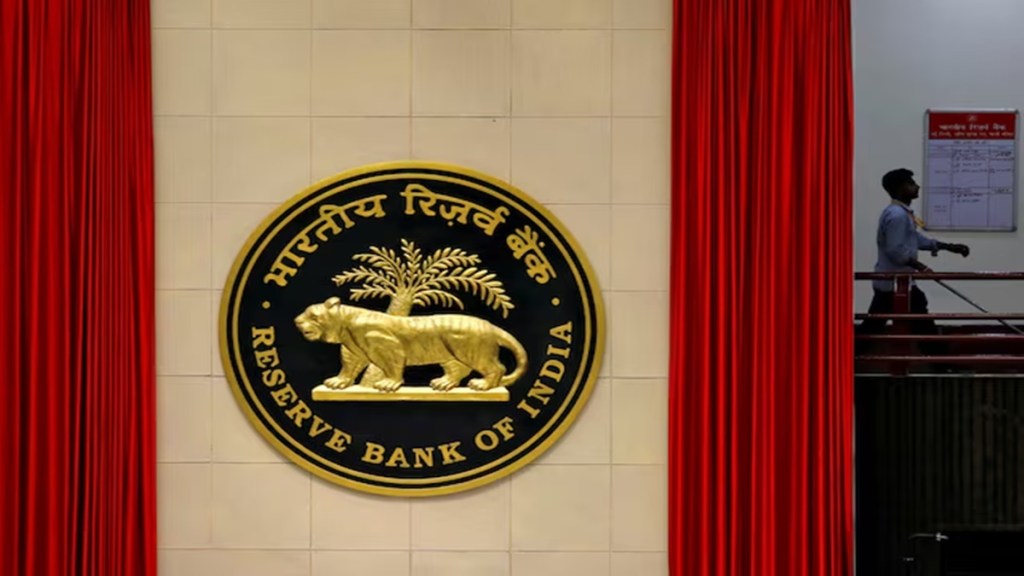The Reserve Bank of India has issued guidelines to provide a harmonised framework and to standardise the documentation for settlement of claims with respect to deposit accounts, safe deposit locker and articles in safe custody of a deceased customer and to minimise the difficulties faced by the nominees, survivors and legal heirs.
In the August Monetary Policy Committee meeting, the RBI governor had said that the guidelines are expected to make settlement more convenient and simpler. The draft guidelines for the same were released on August 6.
The final guidelines will be effective from March 31, 2026, as compared to January 1, mentioned in the draft circular.
The final guideline states that if the depositor has made nomination or if the account was opened by a survivorship clause, the payment of the outstanding amount upon the death of the depositor would be considered a valid discharge of a bank’s liability, provided the bank has done their due diligence to verify the identity of the individual.
Valid discharge and mandatory documentation
The documents that need to be submitted by the nominee are a claim form signed by the nominee, a death certificate of the deceased depositor; and officially valid document of the nominee towards verifying their identity and address.
Banks will have to settle claims within 15 calendar days from the date of receipt of all the required documents associated with the claim. The same timeline is applicable for bank lockers and articles.
Strict timelines and compensation for bank delays
If any deposit related claim is not settled within the time-frame then the bank will have to give reasons for such delay to the claimant. Also, in cases of delay attributable to the bank, compensation will have to be paid by the bank in the form of interest, at a rate not less than the prevailing bank rate + 4% per annum, on the settlement amount due for the period of delay.
For claims related to safe deposit locker or articles in safe custody, the bank will have to pay compensation to the claimant at the rate of `5,000 for each day of delay, in cases where it doesn’t adhere to the timeline.

